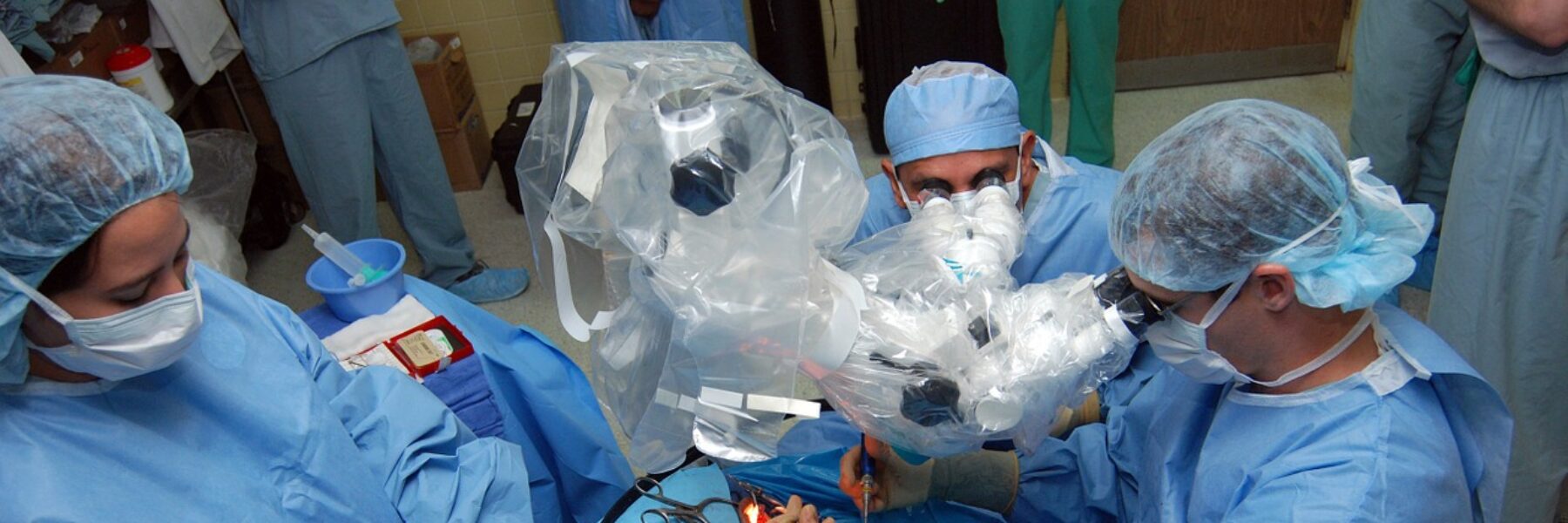I hear it all the time. “We never have any infections, why do I need to do all these things for infection control?” Well, quite simply, because we always want to make sure that we continue to not have infections – and – of course – the regulations require us to do it!
Developing an effective Infection Control Program is one of many critical elements to assuring compliance with the CMS Conditions for Coverage and passing a Certification and Accreditation survey.
In an ASC, an Infection Control Program should at a minimum include the following three elements:
- A mechanism for identifying patients that have experienced an infection after their procedure and a system for investigating those infections and identifying the root cause. If the investigation shows an issue in the standard of care, the organization has to develop a plan for correcting that issue.
- Surveillance Programs to include on-going hand hygiene monitoring, sharp safety surveillance and infection control environmental rounds.
- Orientation and Mandatory Annual Education programs on Infection Control in general and the Infection Control Program at the center. These programs must be administered to all employees and providers.
The CMS Conditions for Coverage and interpretive guidelines state that the ASC must designate in writing, a qualified licensed healthcare professional who will lead the facility’s infection control program. This Infection Control Preventionist must have the training and authority to oversee the program. The standards do NOT require certification, but training must be specific to the Ambulatory Surgery setting. Infection Control Preventionist (or Coordinators) must prepare regular reports to the Quality Assurance program and the Governing Body must demonstrate ongoing oversight of the program.
The new Certified Ambulatory Infection Preventionist (CAIP) credential has been developed by the Board of Ambulatory Surgery Certification to recognize those individuals that have demonstrated that they have a high level of education, training and competence in infection prevention. A CAIP certified professional demonstrates their commitment to achieving the highest level of infection control skills. For more information about CAIP, visit the website at www.aboutcaip.org. The first exam will be administered in October and registration will begin in July. Training for individuals that wish to take the CAIP exam began during the ASC 2018 Winter Seminars and continues in April at ASCA 2018 in Boston. For more information about ASCA 2018, visit the website at www.ascassociation.org.
For an in-depth discussion of Infection Control and the CAIP credential, listen to The ASC Podcast with John Goehle Episode 13 which will be available on Monday, March 26, 2018. For more information, visit the web site at www.ascpodcast.com.

